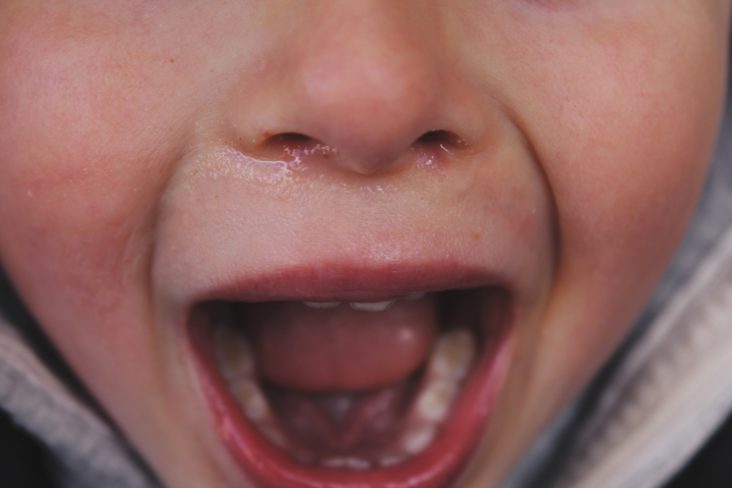
The summer is waning – it’s almost time for autumn to roll around again, which means school will be starting soon. While most children look forward to this time so they can see their friends and enjoy various school activities, this can be a period of major anxiety for some school-aged children. These kids are extremely unwilling to leave home or be away from major attachment figures such as parents, grandparents, or older siblings. The beginning of the new school year is often seen as a threat to them, resulting in elevated anxiety levels and possible school-related disorders, such as separation anxiety disorder and school refusal.
In some cases the separation anxiety and school refusal follow an infection or illness or can come after an emotional trauma such as a move to another neighborhood or the death of a loved one. The anxiety generally occurs after the child has spent an extended time with their parent or loved one, perhaps over summer break or a long vacation.
Anxiety Definition
A teen or child is said to be suffering from a separation anxiety disorder if they show excessive anxiety related to the separation from a parent or caregiver or from their home, or if they exhibit an inappropriate anxiety about this separation as related to their age or stage of development. School refusal and separation anxiety are not the same: school refusal is not an “actual” diagnosis, instead it is a result of the child or teen having a separation anxiety disorder, panic disorder, post traumatic stress disorder, or social phobia, among other diagnoses.
Separation Anxiety Physical Symptoms
Children with separation anxiety have symptoms which can include:
A child who exhibits three or more of these symptoms for more than four weeks is likely to be suffering from a separation anxiety disorder.
Treatment for School Refusal and Separation Anxiety
When treating a child with separation anxiety and school refusal, therapists try to help the child learn to identify and change their anxious thoughts. They teach coping mechanisms that will help the child respond less fearfully to the situations that produce their anxiety. This can be done through role-playing or by modeling the appropriate behavior for the child to see. Medication is sometimes appropriate in severe cases of separation anxiety. Additionally, the therapist encourages child to use positive self-talk and parents help with this therapy by actively reinforcing positive behaviors and rewarding their child’s successes.
Have Questions? Need Help?
To get more information and help for child anxiety, separation anxiety and school refusal, please contact The Children’s Center for Psychiatry, Psychology, & Related Services in Delray Beach, Florida at 561-223-6568.

There is a plethora of information out there regarding mood disorders of all kinds. The public is becoming more and more educated about panic disorder, generalized anxiety disorder, bipolar mood disorder, and the like. But what many people still do not realize is that these disorders are not limited to adults.
A child may experience similar mood disorders, as well. In fact, 7-14% of children will experience an episode of major depression before the age of 15. Out of 100,000 adolescents, two to three thousand will have mood disorders, out of which 8-10 will commit suicide. It is for this reason that the symptoms of mood disorders in children should attract special attention.
Symptoms of mood disorders in children include:
Many children might have one or two of these symptoms at one time or another but it is the presence of several symptoms for an extended period that indicates a mood disorder. There are three levels of mood disorder in children:
If you or someone you know has a child who might be suffering from a mood disorder, it is important to seek help immediately. The mood disorder will be diagnosed through extensive interviews with the child and his or her caregivers. If a mood disorder is found, it is often treated through medication, psychotherapy, or a combination of the two.
For more information about Mood Disorders in children , diagnostic steps, and therapy for the condition in the Delray Beach, Florida area, contact The Center for Treatment of Anxiety Disorders at 561-223-6568 today.